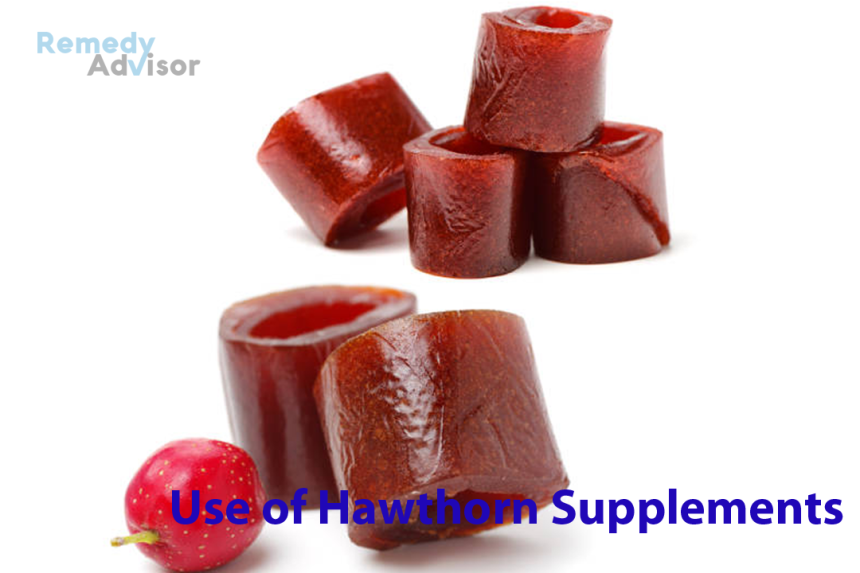It appears that our ancestors knew that hawthorn (Cragaegus laevigata) was good for the heart and heart conditions, even though they didn’t have the technical skills or knowledge to identify why it was so. People have been using hawthorn since the first century to help treat heart problems. During the early 1800s, doctors in America were using hawthorn berries to treat high blood pressure, chest pain, hardening of the arteries, and irregular heart- beat.
Even though the pharmaceutical industry has taken over the treatment of many of these conditions, there is still a place for hawthorn. In fact, today many practitioners in the United Kingdom use hawthorn to help manage high blood pressure along with prescribed medications.
What’s Special about Hawthorn?
Hawthorn is a member of the rose family that grows in wooded areas around the world. It has small red, pink, or white flowers from which sprout small red or black berries, called haws. The leaves, flowers, and berries are used for medicinal purposes. Studies show that hawthorn contains antioxidants, including quercetin and oligomeric proanthocyandins (OPCs), which are also found in grapes.
The antioxidants in hawthorn are believed to be responsible for its ability to benefit blood pressure and the heart. A number of studies in both animals and people indicate that hawthorn helps improve blood circulation and lowers blood pressure.
For example, in a study conducted among general practices in the United Kingdom seventy-nine individuals with type 2 diabetes were randomly assigned to take either 1,200 milligrams of hawthorn extract or placebo daily for sixteen weeks. Blood pressure and fasting blood samples were collected at the beginning of the study. Nearly three-quarters of the participants were also using medications to treat their high blood pressure.
By the end of the study, patients who took hawthorn had a greater reduction in diastolic blood pressure than did individuals who took placebo. Systolic blood pressure did not change significantly in either group. The authors did not observe any herb and drug interactions.
How to Use Hawthorn Supplements
A typical dose of hawthorn can range from 160 to 1,800 milligrams daily, which has been found to be safe. Side effects of hawthorn are rare, but some people have experienced headache, nausea, and palpitations.
Hawthorn can interact with other medications, including any you may be taking for high blood pressure or your heart. For example, hawthorn can make the effects of beta-blockers (e.g., atenolol, metoprolol, and propranolol) and calcium channel blockers (e.g., amlodipine, diltiazem, nifedipine) stronger. If you take hawthorn and nitrates, you may experience dizziness. Men who are using phospho- diesterase-5 inhibitors for erectile dysfunction together with hawthorn may have a severe drop in blood pressure.







